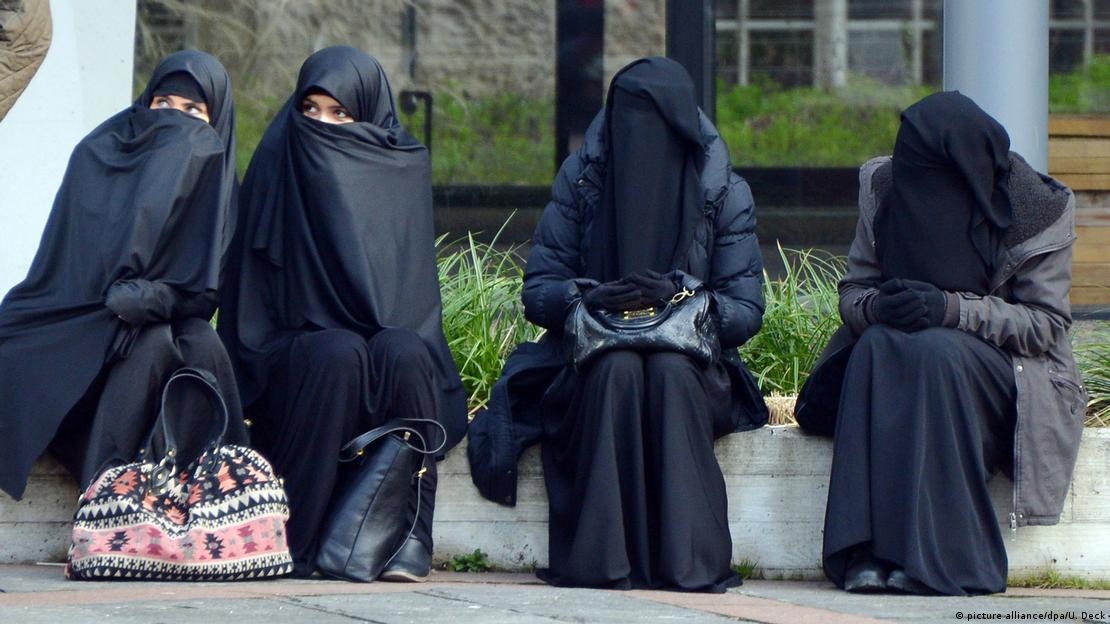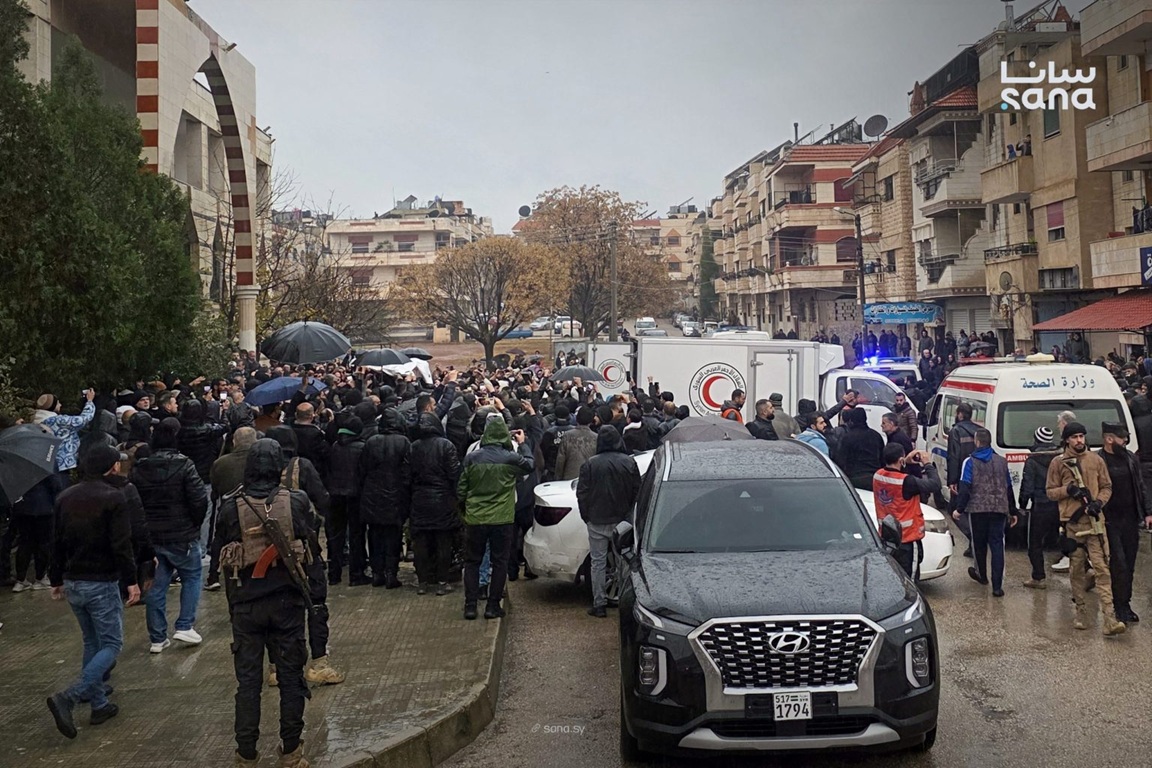
By Lamis Jdid* | In 2008, Thomas Friedman wrote a book that was considered a revolutionary way of rethinking our planet earth explaining the social and ecological challenges facing us and its serious consequences that could threaten life on earth.
Spreading awareness on the impact we have on our planet the UN had launched so many goals through initiatives and conferences on the importance of sustainable development , as so many governments done around the world till their efforts emerged in (Paris agreement).
Many years later another reality showed up how much the limitations of our past actions could not contain the damage we thought it would do, and the paradox of reserving the planet’s resources while keeping economical growth was one of so many other issues that sustainability is asked to prove in persuading governments to collaborate and meeting economists expectations.
The more we are informed about world’s data, the more we can understand how impossible to tackle Sustainability separately, on a partial scale.
Fundamental changes on all levels at once: socially, economically, and environmentally, need to be taken seriously before we sens any changes, that includes the way we live and socialize and consume.
Greening certain industries, producing zero ( or partially zero mission vehicle) and disconnected thinking will be but shallow solutions or work as a comforting illusion.
“No compromise in the defense of Mother Earth”
While walking along this road we will discover that defending earth is nothing but defending justice of other people as well:
- The right of our children and next generation in the same prosperity and resources we are enjoying today.
- The justice for People whom we depend that don’t have the same cultural, financial and natural resources access like us.
- And finally the justice for those who share with us the ecosystem.
Protecting earth is about protecting us it is a way of keeping our resources sustainable.
How can we assure certain efficiency while trying to apply and understand Sustainable development:
1- Balance:
between what we produce and what we buy, between what we desire and what we needs, between limited earth resources and our unlimited economical growth.
2- Recognizing limits (ecological and economical limits: we can’t continue living in a world built on infinite economic growth. For ex: since the 1960 we are using credit cards with no ability to pay back, unfortunately who we owe is not the bank, it is ourselves and our common future, and this is totally unsustainable.
3- seeking connections
we got where we are now because we did not see neither the connections, nor the result of our choices in some basic facts like:
Where our food comes from? How it comes to us? Where it was growing? How it was grown? Who picked it under the hot sun? Basically under modern slavery conditions?
We don’t know our energy and water come from? Or where the waste and the sewage systems go?
Thinking our responsibilities towards other people justice when buying cheap products. Any thoughts on the lost cost on the way till this product reached me? There is always some one else who paid the price, Either a child labor, or inhuman work conditions or ill-treated working class with no rights for fair wages.
Final Recommendations:
- Using more of clean energy like sun and wind
- Reshaping our cities and give priorities to clean energy like bicycles
- Closed city-centers for cars
- expensive parkings fees
- Improve public transportation and encourage people to use them
- Using solar panels for heating and electricity
- Plant trees wherever it is possible and getting community involved
- Using food waste as a composting.
- Cultivate diversity both human and ecological
- Build resilient communities
- Better than recycling that takes lots of energy is to stop bottled water for example
- Trash responsibility
The message:
How to live interconnected, how to find this compassion to pay attention not only to our impact on this planet but as well on other people’s lives we depend on.
“We don’t inherit the earth from our parents we borrow it from our children.”
*Lamis Jdid is a Syrian writer and Architect based in Geneva.







Nothing at all here about the
Incredible impact that
The Interest System has on
environmental damage and
human suffering.
To end The Cycles of
BOOMs and BUSTs
and the interest this sustains,
we must make The Switch
to using money
with Demurrage.
President Trump knows,
Angel NicGillicuddy ?
ShiBboLeTh